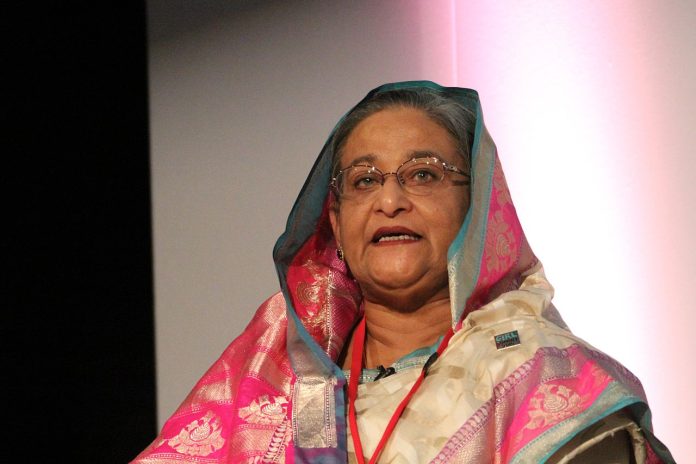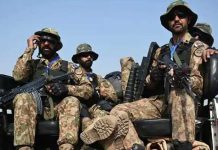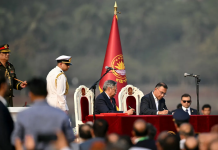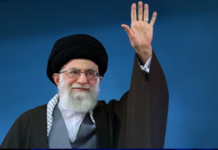- The death toll from protests in recent days, meanwhile, has risen to 114 deaths
DHAKA, Bangladesh. July 21// – Bangladesh’s Supreme Court has struck down quotas on most government jobs, a system that has sparked a wave of violent student protests across the country and left at least 114 dead. “The Supreme Court said the High Court verdict was illegal,” the attorney general said Amin Uddin, referring to an earlier lower court order reintroducing quotas. With today’s ruling, the Court thus established that 93 percent of government jobs will be open to candidates on the basis of merit, without quotas. Uddin specified that 5 percent of jobs in the civil service will remain reserved for children of Revolutionary War veterans and 2 percent for other categories. The Prime Minister’s government Sheikh Hasina had abolished the quota system in 2018, but the lower court reinstated it in June, sparking protests and launching a government crackdown
Students have taken to the streets in recent days to demand the reform of the quota system for access to jobs in the public administration, already the target of protests in 2018 and before that in 2013 and 2008. The controversial system provides for a reservation 56 percent of the positions for those belonging to specific classes: 30 percent for the children and grandchildren of the 1971 freedom fighters, ten percent for women, ten percent based on the districts of origin and their population, five percent for ethnic minorities and one percent for people with disabilities. Those who do not belong to any of the aforementioned categories can only aspire to the remaining 44 percent of public positions, which are particularly attractive in the context of modest employment growth in the private sector. Every year around 400 thousand graduates compete for 3 thousand places in the public service entrance exam.
In fact, there have also been attempts to reform that system in the past under the pressure of protests. In 2018 the government, also led by Hasina, issued a circular in which it limited the use of the quota system, excluding it for higher-ranking positions. However, on 5 June the High Court, one of the two divisions of the Supreme Court, ordered the government to restore the 30 percent quota for descendants of independence fighters, a ruling that on 10 July the other division of the The Court of Appeal suspended the case for four weeks. Hasina’s approach to the issue has been oscillating, confirming how hot the issue is in the country and goes beyond the economic aspects.
According to the latest information available, the toll of the protests has further increased: there have been at least 114 deaths and thousands injured. The army imposed a night curfew in an attempt to contain the violence. Dhaka Medical College Hospital confirmed that it received 27 bodies in just two hours on Friday. In the capital, Dacca, the military continues to patrol the streets to dissuade demonstrators from continuing to protest, while since Thursday the internet connection has been suspended and telephone communications have suffered severe network slowdowns, in particular for sending messages text. Several Bangladeshi news sites are inaccessible. Over the past five days, police have fired tear gas and thrown stun grenades to disperse protesters during nationwide protests, while repeated clashes have occurred between protesters and security forces.
Six months after the legislative elections which allowed Prime Minister Sheikh Hasina to take office without opposition and without surprise for her fourth consecutive mandate, and fifth overall, the government of Bangladesh today finds itself facing harsh opposition and managing an explosive situation. If in parliament the prime minister’s party, the Bengali People’s League (AL), is the absolute master and the minority is inconsistent, the opposition is growing in society, especially among young people and in the big cities, starting with the capital, Dacca. It is not the first time that the student movement has shaken the government: it also happened in 2018, when indignation over the plague of road accidents and the inadequacy of the rules gave rise to a series of demonstrations which, in addition to safety on the roads, called for justice and prospects for young people. In the country the average age is just over 27 years and according to data from the Bangladesh Bureau of Statistics (BBS) from March, 39,88 percent of young people aged between 15 and 24 are not employed, not he is in training or studying.






